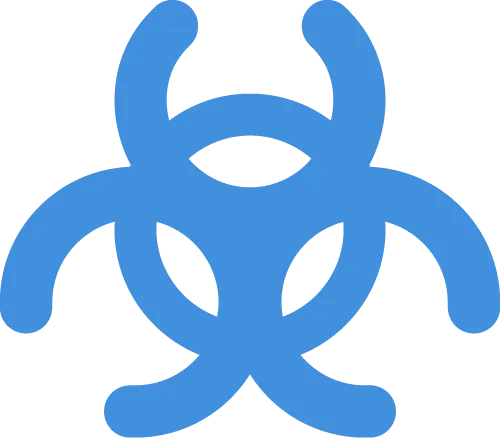
The Mpox Crisis in the DRC: Doctors of the World’s Unwavering Fight Against a Persistent Epidemic
2024-11-17
Author: William
As the world grapples with multiple health crises, the Democratic Republic of the Congo (DRC) finds itself in the throes of a relentless Mpox outbreak that began in early January 2023. Nearly ten months later, the situation remains dire. With approximately 700 new infections reported weekly—an alarming spike from just 81 cases at the onset of the outbreak—healthcare leaders warn that the total number of confirmed Mpox cases has surged to a staggering 12,124. Despite its grim toll, this epidemic has largely faded from international media coverage, leaving vulnerable populations without the necessary support.
In response to this unfolding disaster, Doctors of the World (DotW) is firmly committed to enhancing prevention and treatment efforts. They are executing a multi-faceted strategy designed to bolster the healthcare system and empower local communities in their fight against this virus.
Empowering Healthcare Workers
At the heart of DotW’s intervention is the education and training of healthcare professionals. With vital support from the French Embassy’s Crisis and Support Centre (CDCS), DotW has trained 66 healthcare workers in critical areas such as case detection, management, and psychosocial support. Jean-Claude Ziluga Mudumbi, a nurse who participated in the training, remarked, "Doctors of the World have equipped us with essential knowledge about Mpox—the signs, transmission routes, complications, and preventative measures. We are now better prepared to protect ourselves and others.”
Community Outreach Initiatives
Community engagement is another cornerstone of DotW's strategy. The organization has trained 100 community health relays and 20 community leaders, enabling them to disseminate crucial information about Mpox to the public. With their outreach efforts, they have reached more than 70,000 individuals, ensuring they understand the risks and preventative strategies concerning the virus.
Community supervisor François Gali Ngengele emphasized the importance of local education, stating, "We guide community members to recognize signs of Mpox and encourage them to seek medical diagnosis promptly."
Understanding and Combating Transmission
Mpox is categorized as a zoonotic disease, meaning it is transmitted from animals to humans. The virus can further spread among individuals through close physical contact, including activities like kissing or sexual intimacy. As part of their comprehensive response, DotW has adopted a One Health approach, which integrates human, animal, and environmental health strategies. Recently, 20 animal health workers joined the ranks of trained personnel to mitigate transmission risks.
"We have identified that the fragmented collaboration among animal, human, and environmental health sectors heightens the risk of disease outbreaks. This is why we are committed to a One Health strategy to tackle these threats holistically," Gali Ngengele explained.
Enhancing Treatment Facilities
To facilitate effective patient care, DotW has improved treatment centers across Katana, Lwiro, and Kavumu by providing essential supplies such as 60 hospital beds, 100 blankets, and a suite of infection control materials, including 30,000 masks and 40,000 pairs of gloves. A significant initiative has also led to the provision of three meals daily for patients and their companions at the Katana care center, ensuring their nutritional needs are met during recovery.
A Commitment to Persistent Support
Barry Mamadou Kaba, General Coordinator of Doctors of the World in the DRC, reaffirmed their ongoing commitment, stating, "Our teams have worked tirelessly since the resurgence of this epidemic and will continue to do so. The South Kivu region, at the epicenter of this outbreak, is a place we know intimately as we have been actively present here for over a decade."
The urgency of the Mpox crisis in the DRC underscores the need for continued attention and support. As the rates of infection remain high, proactive measures, community engagement, and sustained healthcare efforts are crucial to overcoming this grave challenge. In a world where health crises can often eclipse one another in the spotlight, the resolve to combat Mpox must not waver.









 Brasil (PT)
Brasil (PT)
 Canada (EN)
Canada (EN)
 Chile (ES)
Chile (ES)
 España (ES)
España (ES)
 France (FR)
France (FR)
 Hong Kong (EN)
Hong Kong (EN)
 Italia (IT)
Italia (IT)
 日本 (JA)
日本 (JA)
 Magyarország (HU)
Magyarország (HU)
 Norge (NO)
Norge (NO)
 Polska (PL)
Polska (PL)
 Schweiz (DE)
Schweiz (DE)
 Singapore (EN)
Singapore (EN)
 Sverige (SV)
Sverige (SV)
 Suomi (FI)
Suomi (FI)
 Türkiye (TR)
Türkiye (TR)